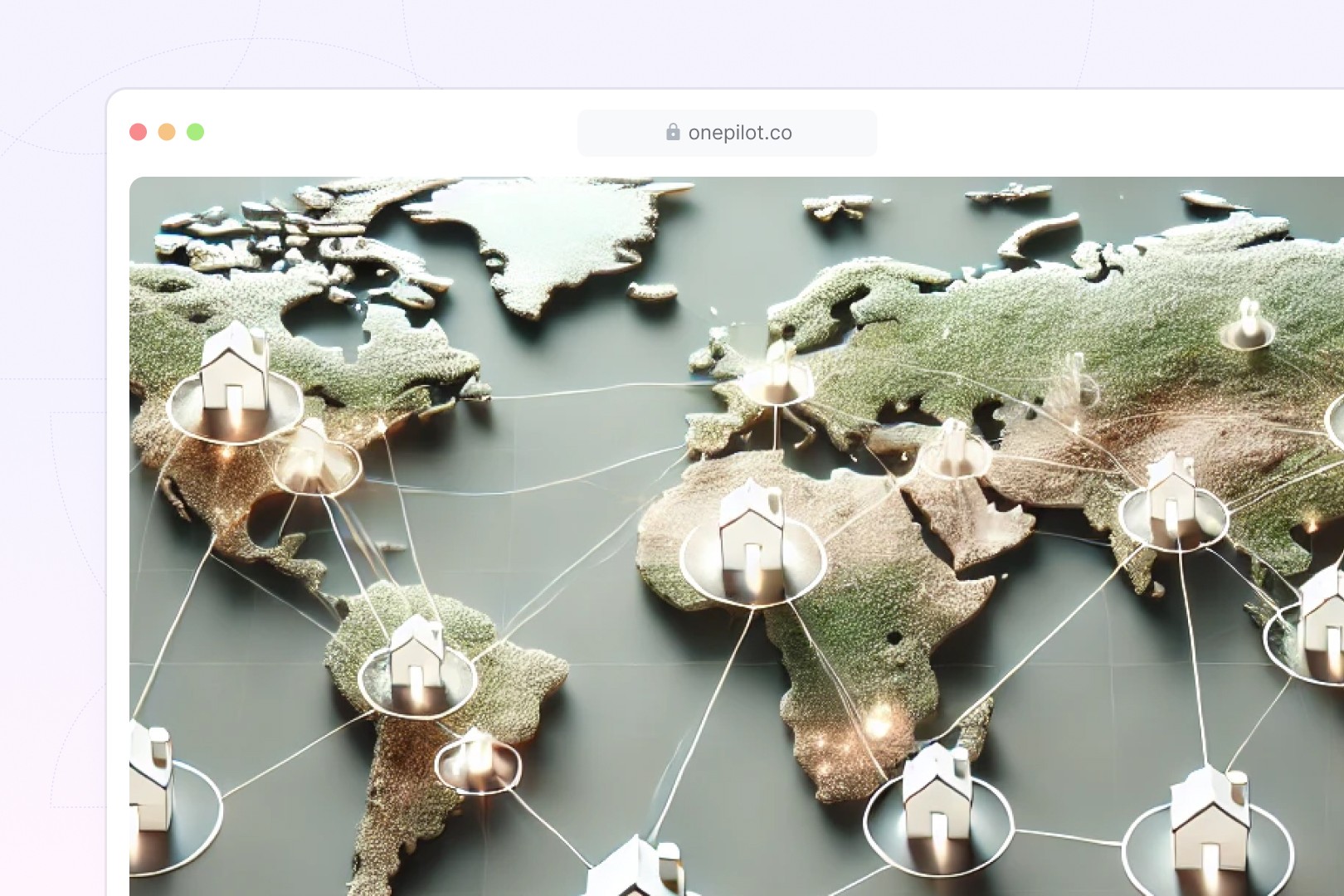Tips
December 5, 2024
Introduction
Expanding customer care operations in Germany presents challenges like a limited pool of qualified German-speaking talent, stringent labor laws, high compensation expectations, and cultural nuances. Discover strategic solutions—including outsourcing—to overcome these barriers and succeed in this competitive market.
Challenges in Hiring German-Speaking Customer Care Agents
1. Scarcity of Qualified German-Speaking Talent
The demand for fluent German-speaking customer care agents is high, but the talent pool is relatively small. Germany's strong economy and low unemployment rate mean that highly qualified individuals are often already employed or have multiple job offers. This scarcity makes it difficult to find agents who are not only fluent in the language but also possess the necessary customer service skills and experience.
2. Cultural Nuances and Customer Expectations
Understanding the cultural nuances of German customers is crucial for effective communication. Germans value professionalism, punctuality, and directness. Misunderstandings or cultural faux pas can lead to customer dissatisfaction. Hiring agents who are not only language-proficient but also culturally aware adds another layer of complexity to the recruitment process.
3. Complex Legal and Regulatory Environment
Germany has stringent labor laws and regulations that govern employment contracts, working hours, employee benefits, and data protection. Navigating these laws requires expertise to ensure full compliance. For companies based outside of Germany, the legal hurdles can be even more daunting, potentially leading to delays and increased costs in the hiring process.
4. High Compensation and Benefit Expectations
The cost of living in Germany is among the highest in Europe, and as such, German customer care agents expect competitive salaries and comprehensive benefits packages. This financial expectation can strain your company's budget, especially when trying to match or exceed what established local competitors are offering to attract top talent
Hiring German Agents: Solutions
1. Increase the scope of recruitment
Expand Recruitment Channels
Broaden your talent search through international job boards like StepStone, Indeed, and LinkedIn, alongside Germany-specific platforms such as XING and the Federal Employment Agency's Job Board. Moreover, collaborate with German language schools to recruit candidates and provide specialized customer support training, and partner with German universities to engage recent graduates fluent in German and ready to start their careers.
Additionally - Attend industry events in Germany and engage in forums and also leverage social media groups like facebook etc, focused on customer service in the German market to connect with the right candidates.
Remote Roles and Flexible Work Arrangements
Offering remote roles with flexible working arrangements attracts a diverse pool of German-speaking talent, including expats and bilingual professionals. This approach not only appeals to native candidates in Germany but also to those living in other German-speaking countries such as Austria, the Czech Republic, Switzerland, Luxembourg. By broadening your reach, you can enhance the attractiveness of your positions to candidates who value work-life balance and flexible schedules.
2. Adapting to the culture
Hire Local Expertise:
Local Managers: Hire German nationals for managerial positions to lead your team, interacting with German speaking customers, it helps to offer valuable insights into the local market, and provide cultural guidance and knowledge.
Customize Communication Strategies:
Language Localization: Ensure all customer interactions, including automated messages and support materials, are culturally and linguistically appropriate, and are not just simple translations. Simultaneously, implement feedback systems to gather insights from German customers, enabling continuous refinement and improvement of your approach.
Navigating Employment Strategies
Work Compliance
Hire a local legal expert to navigate German labor laws effectively. Ensure benefits and workplace policies—like remote work, anti-discrimination, health and safety, and parental leave—align with local standards. This helps international companies attract top talent. Conduct regular audits for GDPR and labor law compliance, update policies for legal changes, and leverage industry associations for insights and networking.
Leveraging Mini Jobbers:
Germany's mini-job system offers a cost-effective way to hire part-time customer care agents. Mini-jobbers earns a maximum of €538 per month. They receive special free pension contributions and basic health insurance, providing social security benefits without full-time commitments. This approach attracts students, retirees, and those seeking supplementary income, offering a compliant and cost-effective solution for localized customer care needs. Also, this approach needs extra management because they may not have prior CS experience and Human Resources to onboard those agents since turnover is high by defaut regarding volatility of those profiles.
Why Outsourcing Is the Smarter Choice for German Customer Care
Cost-Effective
Establishing an in-house customer care team in Germany is financially burdensome due to the high cost of living, which raises salary expectations and benefits packages. Companies also face significant overhead costs like office space and utilities, adding up when trying to offer competitive salaries to attract top talent.
Outsourcing enables businesses to avoid high overhead costs and competitive salaries by partnering with external providers who assemble pools of remote agents. These agents are paid based on the number of tickets they solve, quality of work, and their language proficiency. This allows companies to select the most suitable service model for their needs, resulting in improved quality assurance and cost efficiency.
Flexibility and Scalability
in-house hiring requires a rigid staffing commitment, making it less adaptable during seasonal fluctuations and unable to provide 24/7 services. This can lead to overstaffing in slow periods or understaffing during peaks, negatively affecting efficiency and customer satisfaction.
Conversely, outsourcing partners are more agile, adjusting resources according to demand. They can quickly scale teams up or down and offer around-the-clock support 24/7 customer service, even during holidays, providing flexibility that in-house teams may lack. Outsourcing often involves remote and flexible timing, attracting a diverse talent pool—including native, bilingual professionals or expats with German language skills—who may not be willing to relocate for in-house positions.
Technology advances
In-house customer support teams often struggle due to a lack of proper tools and advanced technology necessary for quick and efficient customer service. Investing in these resources is expensive, and the costs of training and developing staff are substantial in terms of both time and money. These challenges can divert focus from the company's core business activities and strain financial resources.
Onepilot: Redefining Customer Outsourcing
At Onepilot, we revolutionize customer support outsourcing with a network of 2,000+ freelance agents available 24/7 in 35+ languages, including German. We've successfully resolved over 100 million tickets for 250+ brands, including Decathlon, Victoria's Secret, and German companies like Withings, Tink, and Taxfix.
With a presence in Hambourg, we demonstrate our dedication to the German market. Our flexibility and scalability shine in partnerships like Qonto, where we onboarded 150 German-speaking agents in just six weeks. Leveraging our homeshoring model, we provide personalized support that outperforms traditional outsourcing.
Conclusion
Recruiting German customer care agents is challenging due to a limited talent pool, high compensation expectations, cultural nuances, and complex labor regulations. Companies can expand recruitment channels, explore remote work, and hire local experts for cultural alignment and legal compliance, but outsourcing offers a cost-effective, scalable solution. It provides access to advanced technologies and diverse talent pools while maintaining operational flexibility. By adopting these strategies, businesses can overcome hiring challenges and strengthen their presence in the competitive German market.
Stay informed with the latest guides and news.




